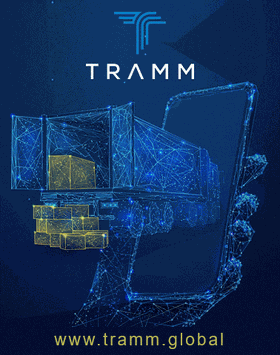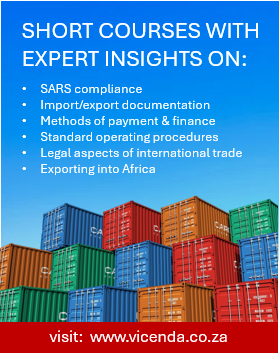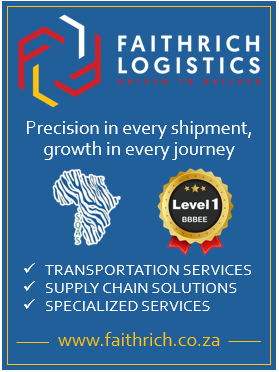Port of Gauteng today delivered a crucial commercial reality check to the Department of Transport (DoT) regarding its Private Sector Participation (PSP) Request for Information (RFI) results issued on 26 October. Port Developer Francois Nortjé commended the initiative, but warned the proposed framework places an "impossible economic burden" on the Durban Gauteng Freight Corridor.
“The RFI fails to address the competitive reality of road freight, which is contributing to the Container Rail Corridor’s devastating R2.3 billion annual losses,” says Nortjé. “Without defining a path to profitability - the true 'bottom line' - any PSP structure is fundamentally flawed. A project that is not profitable will not get private sector buy-in – it is that simple.”
Unscrupulous Operators
Port of Gauteng asserts the crisis is driven by unscrupulous 'fly-by-night' truckers who compromise safety and maintenance to offer unrealistically low rates. These non-compliant entities are jeopardising the entire corridor by undercutting prices, contributing to rail’s inability to compete. Very few reputable transport operators transport containers because the rates are unrealistically low.
The N3 road route is only 550km, compared to the 690km rail line, which further adds to rail's inability to compete.
Nortjé warns: “Basic enforcement of existing road traffic and safety regulations is a foundational step that has also been critically overlooked. We must deal with the non-compliant operators to level the playing field for rail.”
The White Paper Solution and Feedback
In late September, Port of Gauteng issued a White Paper offering a comprehensive roadmap to correct the economic imbalances and support rail viability on the Durban Gauteng Freight Corridor. Nortjé confirms the Paper has received overwhelming support from key logistics and transport stakeholders.
However, feedback also highlighted that the paper did not tackle the issue of unscrupulous operator behaviour. This reinforces Port of Gauteng's view that basic enforcement against these price-undercutting entities is a necessary pre-requisite to levelling the competitive playing field.
The White Paper's core recommendations include:
- Directing cross-subsidies to Transnet Rail Infrastructure Manager (TRIM) by N3 Toll to strengthen the rail network.
- Reforming the N3TC into a hybrid cost recovery model.
- Empowering the Transport Economic Regulator to oversee tolls and the road–rail balance.
- Requiring PBS trucks to operate under abnormal permits from Port of Durban to Port of Gauteng.
The Paper insists PSP success requires a foundational prerequisite: an intermodal freight-worthy railway.
A Call to Action
Port of Gauteng urges the Minister of Transport to move decisively. “We call on the Ministry to take two critical steps now: enforce the law against non-compliant trucking operators, and urgently implement the regulatory changes outlined in our White Paper to establish a genuinely level playing field,” says Nortjé. “Without immediate action, no amount of private sector interest can save the Durban-Gauteng Freight Corridor.”
“Our strategy manages road competition today, while preserving the necessary space to facilitate rail’s comeback tomorrow,” concludes Nortjé.

Port Developer, Francois Nortjé







